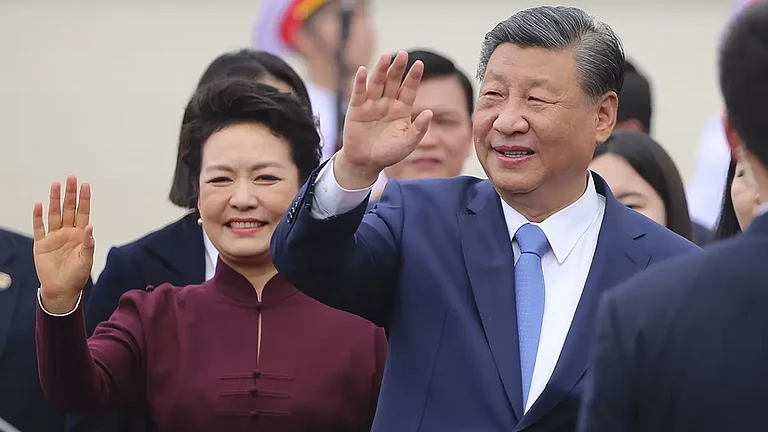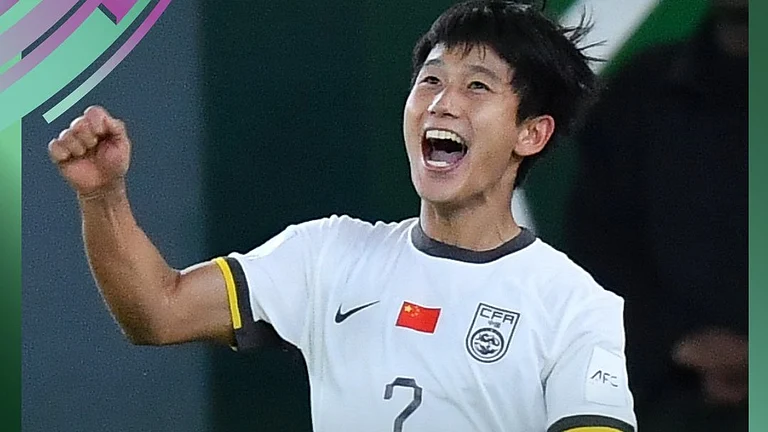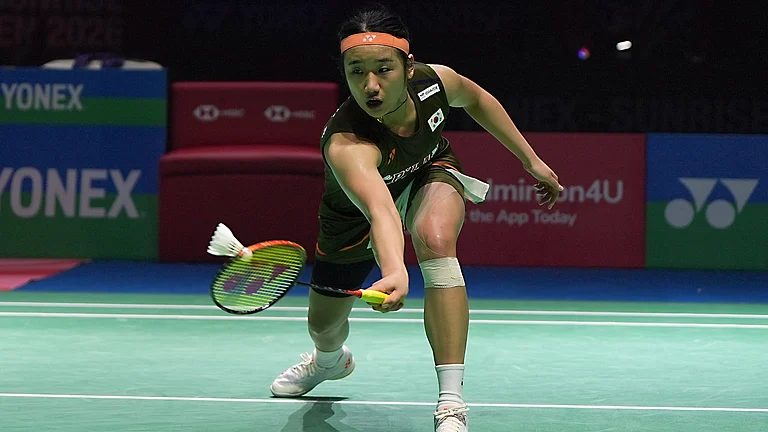
Young Vietnamese increasingly admire China, influenced by TikTok and social media content.
Economic projects and Chinese investment proceed with little public protest.
Cultural interest in China rises, but historical caution and nationalism remain strong.
Dozens of young Vietnamese lined the streets of Hanoi last month to watch Chinese troops march in a major military parade, reflecting a shift in public attitudes towards China even as the United States remains the preferred partner for most Vietnamese, Reuters reported.
The display, part of celebrations marking the 80th anniversary of Vietnam’s declaration of independence, drew crowds eager to see the Chinese contingent, an unprecedented sight in a city still marked by historical conflicts with Beijing. "It was worth the wait. So cool. I admire their discipline," said Le Huyen My, a 22-year-old graduate from Ho Chi Minh City, according to Reuters. Videos of the parade garnered millions of views on platforms such as TikTok, with many users praising the Chinese soldiers’ precision.
The growing openness towards China coincides with increased economic engagement. Reuters reported that projects once considered too controversial, including high-speed rail links and special economic zones near the Chinese border, are now being pursued without major public protests. Chinese companies have become among Vietnam’s top investors, while bilateral leadership exchanges have intensified, with China’s President Xi Jinping visiting Vietnam twice in the past two years, and Vietnam’s Communist Party chief To Lam travelling to Beijing shortly after his appointment in 2024.
Social media, particularly TikTok, appear to play a significant role in shaping younger Vietnamese perceptions. With 67 million users in Vietnam last year, TikTok offers content that often portrays China positively, from videos of cities and infrastructure to synchronised performances by soldiers, Reuters reported. Searches for the South China Sea, a disputed region, typically return neutral content focused on storms or tensions involving other countries, according to Reuters tests conducted without user profiles.
Nevertheless, deep-seated caution towards China persists. While the online mood among younger users is less confrontational, experts attribute this partly to state controls on nationalist sentiment. Nguyen Khac Giang from the Singapore-based ISEAS-Yusof Ishak Institute told Reuters that anti-China online campaigns continue, although they are shorter-lived than the widespread protests of 2018 that forced the government to abandon plans for special economic zones favouring Chinese firms.
Economic interests appear to be increasingly prioritised over nationalism. Nguyen Hung, a scholar at RMIT University Vietnam, told Reuters that pragmatic government policies have facilitated closer economic engagement with China, especially amid rising trade tensions with the United States. Interest in Chinese culture is also rising: Google Trends data shows increased searches for Chinese films and language, and Vietnam led global registrations for the HSK Chinese Proficiency Test in early 2025, according to Chinese state media.
Despite the warmer engagement, Vietnamese pride remains strong. Nguyen Hue Van, a 21-year-old student who attended the parade, told Reuters, "The Chinese troops look fascinating, but our soldiers are still the best."
(With inputs from Reuters)












.jpg?auto=format%2Ccompress&fit=max&format=webp&w=768&dpr=1.0)
















